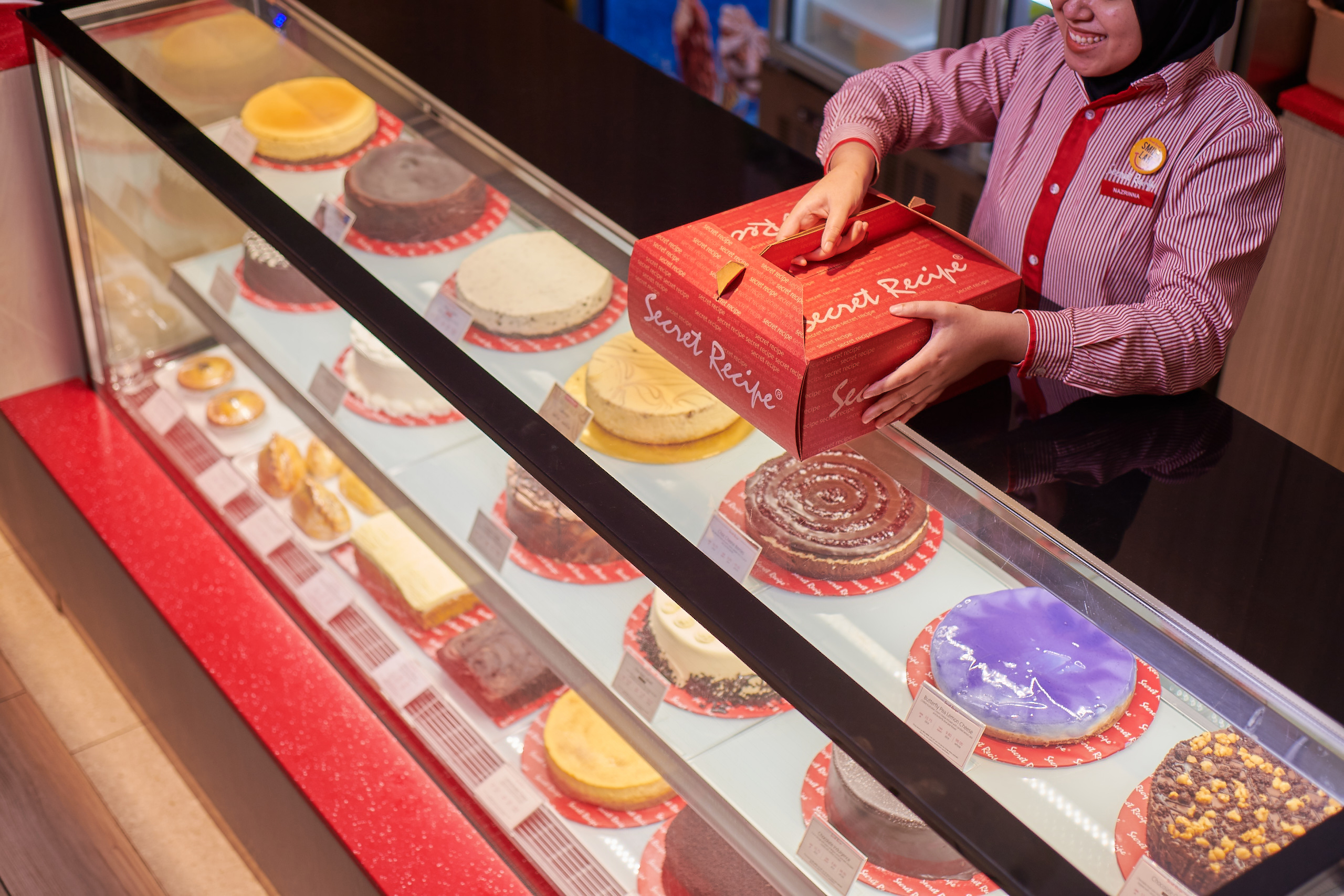The allure of secret recipes has captivated gourmands and culinary enthusiasts for centuries. These closely guarded culinary secrets, passed down through generations or held as proprietary knowledge, hold the power to evoke nostalgia, ignite taste buds, and preserve cultural heritage.
From the enigmatic blend of herbs in a family’s signature dish to the closely guarded techniques of a renowned chef, secret recipes tantalize our imaginations and inspire our culinary explorations.
In this comprehensive guide, we will delve into the fascinating world of secret recipes, examining their significance, exploring the methods and techniques that shroud them in secrecy, and tracing their cultural and historical roots. We will also consider how these culinary treasures are adapting to the modern age and the ethical considerations surrounding their secrecy in the digital era.
Ingredients

The use of specific ingredients in a secret recipe is paramount to its uniqueness and success. These ingredients, often guarded closely, contribute to the distinctive flavor and characteristics that set the recipe apart from others.
Examples of ingredients commonly kept secret in recipes include:
- Special blends of spices or herbs
- Unique cooking techniques or processes
- Rare or hard-to-find ingredients
The secrecy surrounding these ingredients serves to preserve the recipe’s originality and prevent competitors from replicating it exactly. By keeping the ingredients confidential, the recipe’s creator maintains a competitive advantage and ensures that their culinary creation remains exclusive.
Methods and Techniques
The preparation of a secret recipe involves a unique combination of precise methods and techniques that have been passed down through generations or developed through extensive experimentation. These methods and techniques play a crucial role in ensuring the consistent quality and distinct flavor of the dish.
Precision is paramount when following a secret recipe. Each ingredient must be measured accurately, and the cooking process must adhere to specific temperatures, timings, and sequences. Consistency is equally important, as any deviation from the established methods can alter the final outcome.
Cooks must meticulously follow the recipe, paying attention to every detail, to replicate the intended flavors and textures.
Role of Experience and Intuition
While precision and consistency are essential, experience and intuition also play a significant role in executing secret recipes. Seasoned cooks develop an intuitive understanding of the recipe, recognizing subtle nuances and making adjustments as needed. They rely on their knowledge of ingredients and cooking techniques to troubleshoot any unforeseen challenges and maintain the integrity of the dish.
Cultural Significance

Secret recipes have immense cultural significance, as they embody the culinary heritage and traditions of communities worldwide. These recipes, often passed down through generations, represent the collective wisdom and skills of a particular culture.
In many societies, secret recipes are closely guarded and considered a source of pride. They are often associated with special occasions, such as weddings, festivals, and religious ceremonies. The act of preparing and sharing these dishes reinforces cultural identity and strengthens community bonds.
Examples of Secret Recipes
- In China, the secret recipe for Peking duck has been passed down through generations in the Imperial Palace.
- In Italy, the recipe for the traditional Bolognese sauce is a closely guarded secret within families.
- In Mexico, the recipe for mole poblano, a complex sauce used in traditional dishes, is a well-kept secret passed down from generation to generation.
Secrecy in Protecting Cultural Heritage
The secrecy surrounding secret recipes plays a crucial role in protecting cultural heritage. By keeping these recipes within families or communities, the integrity and authenticity of traditional dishes are preserved. This secrecy prevents unauthorized modifications or commercialization that could alter the cultural significance of these recipes.
Historical Context
Secret recipes have a long and fascinating history, dating back to ancient times. In the past, recipes were often kept secret for a variety of reasons, including:
- Trade secrets: Recipes were often considered valuable trade secrets, and keeping them secret gave businesses a competitive advantage.
- Protection of family traditions: Family recipes were often passed down from generation to generation, and keeping them secret helped to preserve the family’s culinary heritage.
- Religious or cultural beliefs: Some recipes were considered to be sacred or associated with particular religious or cultural traditions, and keeping them secret helped to protect their sanctity.
Evolution of Secrecy in Recipe-Keeping Practices
Over time, the practice of keeping recipes secret has evolved. In the past, recipes were often guarded very closely, and only a select few people were privy to them. However, in recent years, there has been a growing trend towards sharing recipes, both online and in cookbooks.
This is due in part to the rise of social media and the internet, which has made it easier for people to share information with others.
Modern Adaptations
Secret recipes are adapting to modern culinary practices, blending traditional knowledge with innovative techniques. Digitalization plays a crucial role, preserving and sharing these recipes while raising ethical questions about recipe secrecy in the digital age.
Use of Technology
Technology has become an indispensable tool for preserving and disseminating secret recipes. Online platforms, recipe-sharing apps, and social media enable chefs and home cooks to share their cherished recipes with a wider audience. Digital archives and databases allow for the safe storage and retrieval of these culinary treasures.
Final Conclusion
The secret recipe, with its tantalizing allure and enigmatic nature, continues to captivate our culinary imaginations. Whether passed down through generations or closely guarded by renowned chefs, these culinary secrets hold the power to transport us to distant lands, evoke cherished memories, and inspire our own culinary adventures.
As we navigate the ever-changing culinary landscape, the secret recipe remains a testament to the enduring power of tradition, the importance of precision and experience, and the boundless creativity that drives our culinary passions.
FAQ Corner
What is the significance of using specific ingredients in a secret recipe?
Specific ingredients in a secret recipe often hold cultural, historical, or personal significance. They may be unique to a particular region, have been passed down through generations, or represent the chef’s personal touch.
How does secrecy preserve the uniqueness of a recipe?
Secrecy prevents the recipe from being easily replicated, ensuring that it remains a unique and distinctive creation. It allows the chef to maintain control over their culinary creation and protect its originality.
What role does experience and intuition play in executing secret recipes?
Experience and intuition are crucial in executing secret recipes as they often involve techniques and methods that are not explicitly written down. The chef’s understanding of the ingredients and the cooking process allows them to make adjustments and improvisations to achieve the desired outcome.
How are secret recipes being adapted to modern culinary practices?
Modern technology and culinary innovations have influenced the adaptation of secret recipes. Chefs may use new ingredients, cooking techniques, or equipment to reinterpret traditional recipes while maintaining their core flavors and essence.
What ethical considerations surround the secrecy of recipes in the digital age?
In the digital age, the secrecy of recipes faces ethical considerations. While chefs have the right to protect their intellectual property, there are debates about the accessibility of culinary knowledge and the potential impact of secrecy on innovation and cultural exchange.
